Chinese New Year: the festival that sparks the world's largest annual migration (Chunyun 2016)
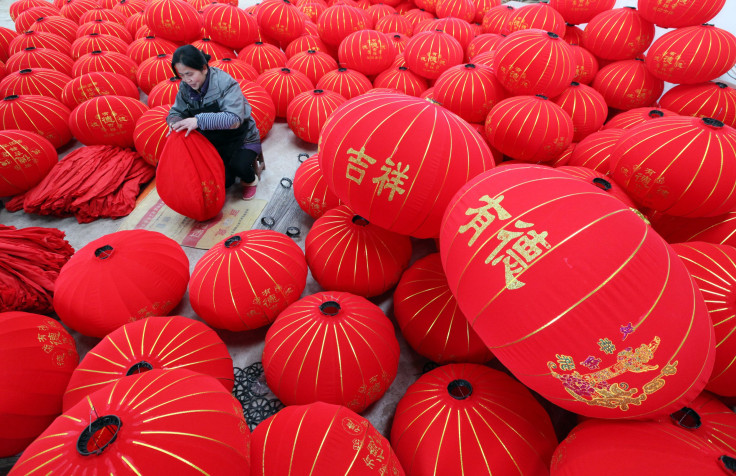
Based on the Chinese lunar calendar, Chinese New Year falls between January 21 and February 20 each year. This year - the year of the monkey, according to the Chinese 12-year animal cycle - the Lunar New Year will fall on February 8. While there are many legends and stories surrounding the start and celebration of the Chinese New Year, the two main reasons for the festival are to celebrate a year of hard work by resting and relaxing with family, and to wish for luck and prosperity for the coming year.
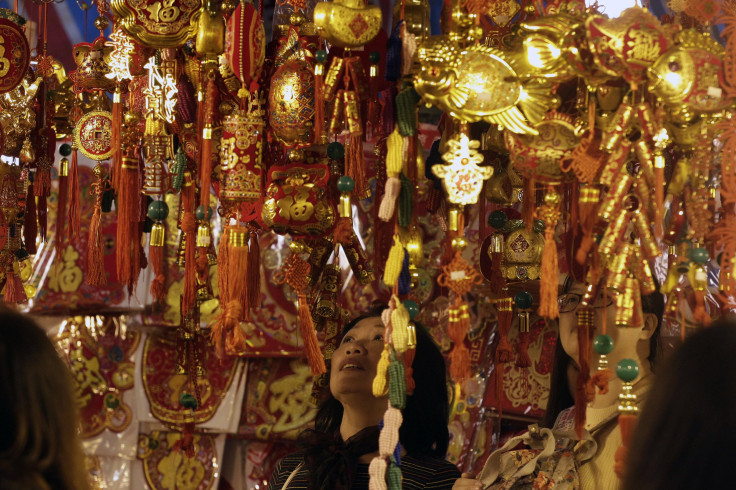
Traditionally, celebrations of the Lunar New Year include decorations, new clothes, setting off fire crackers, and giving out red envelopes or packets. The most valued tradition, however, is eating reunion dinner with one's family. This meal is believed to be the most important of the whole year, with several generations sitting around the dinner table to enjoy food and time together. The majority of Chinese families will enjoy their reunion dinner at home, although there are many, especially in Southeast Asia, who prefer to eat out at a restaurant.
RELATED: Chinese New Year 2016 - 8 food items to serve for good luck and fortune

The Chinese culture highlights the importance of relationships between a family and their relatives. With this in mind, many people travel home to see their families during the new year period. In China, with much of the population working or studying away from their home towns, the holiday during the Spring Festival/Chinese New Year period is often the only time most people get to see their families throughout the year. This results in the world's largest annual human migration as workers and students try to get home.
RELATED: 2016 is Year of the Fire Monkey: 10 Things to know
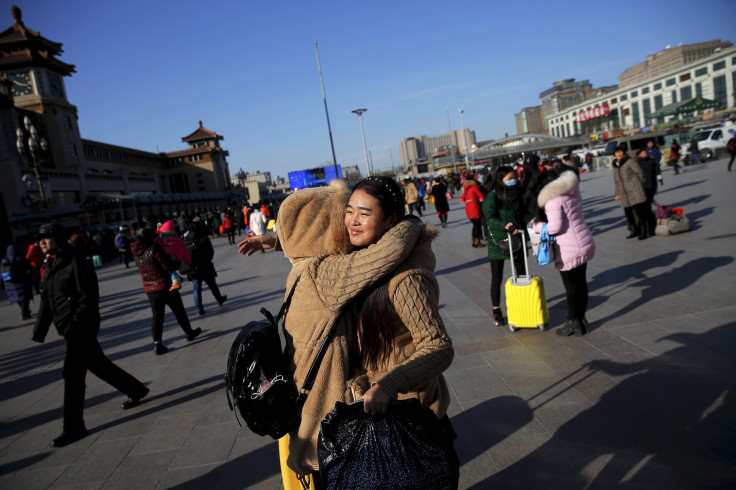
This mass migration is known in Chinese as 'Chunyun' - translated literally, it means 'spring transport'. It is also referred to as the Spring Festival travel season, or the Chunyun period. This period usually begins 15 days before the Lunar New Year's Day, and lasts for approximately 40 days.
During this period, a huge strain is placed on transportation, particularly rail services. There is often more demand than there are tickets, which has led to the calling for measures like operating temporary trains, extending the working hours of ticket booking offices, and opening more ticket booths.
This year, eight extra high speed trains have been added to deal with the demand in China, and any delayed trains needing repairs would be fixed directly on the platforms. Over 6,000 security guards have also been hired to maintain order and public safety.
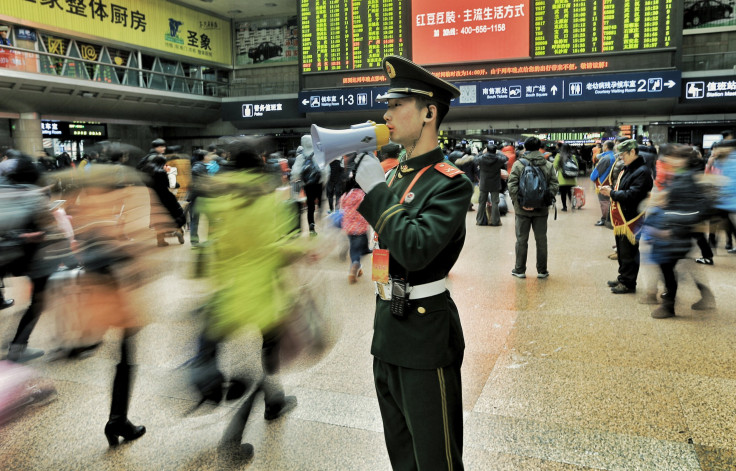
The upgrading of tickets in 2009 to include QR codes made buying tickets a lot easier, and helped to stop scalpers who profit significantly during the Chunyun period. QR codes meant that personal information could be stored to link a ticket to its legal purchaser. These changes came into effect in early 2010, and had been implemented on nearly all passenger trains by January 1, 2012. Currently, the policy is for staff and rail police to check passengers against their ID, and deny boarding to anyone without a ticket or ID. While this has not stopped scalping altogether, it has significantly reduced scalping activity.
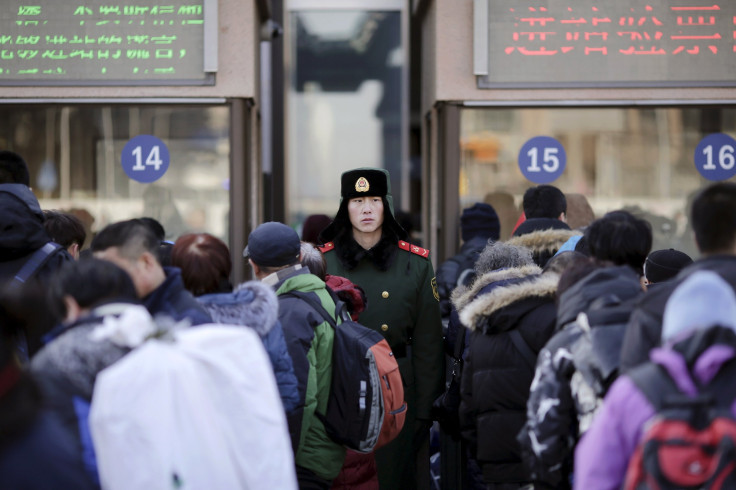
In 2016, the migration within China in time for the festive season has been exacerbated by the bad weather, which has been a major hindrance to an already stressful time. Heavy snowfall and very poor weather in central and eastern provinces have led to the closing of a major airport and caused major delays on railways.
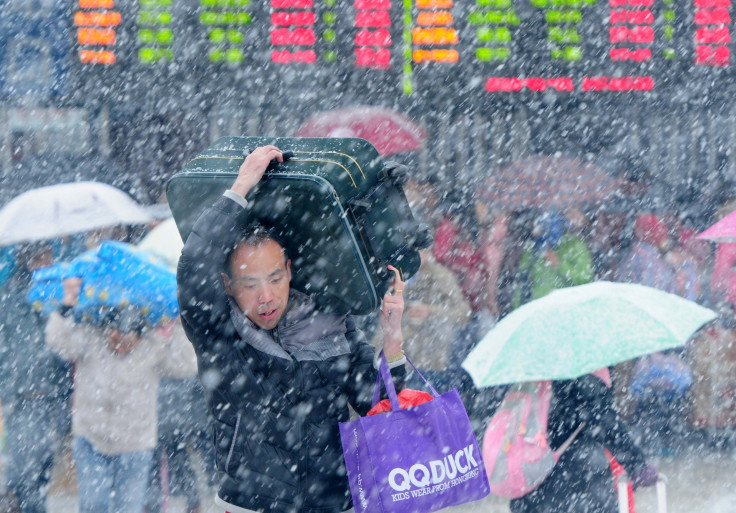
According to Chinese traffic police, it is expected that 2.9 billion trips will be made during the Chunyun period this year. This will include 332 million train trips, although the weather is doing its best to disrupt this figure - 100,000 travellers were left waiting for trains at a Guangzhou train station recently as a result of the poor weather.
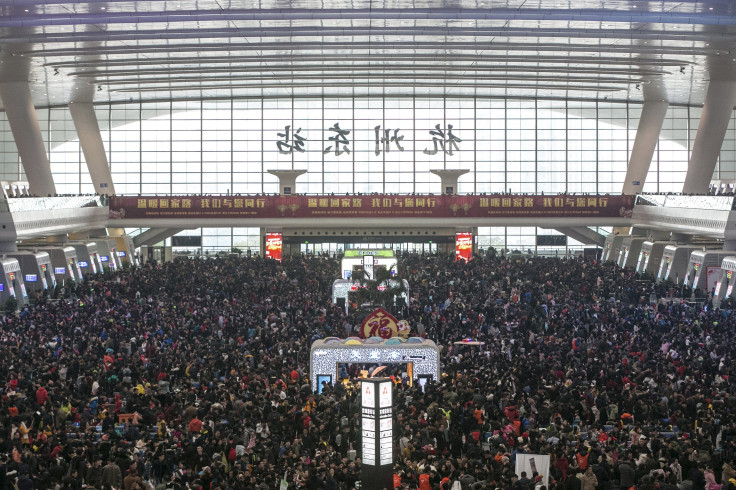
Transport authorities say they are expecting a record number of passengers this year. Passengers can only hope that the weather will subside and they will be delivered home safely to celebrate the new year with their families.
RELATED: Chinese New Year 2016 - Fortune guide for different zodiac signs for the year of the Red Monkey





















